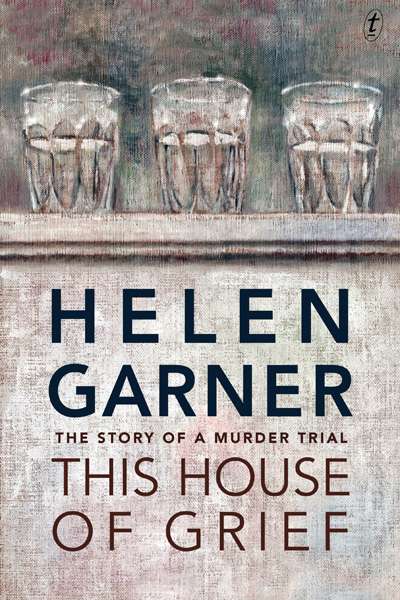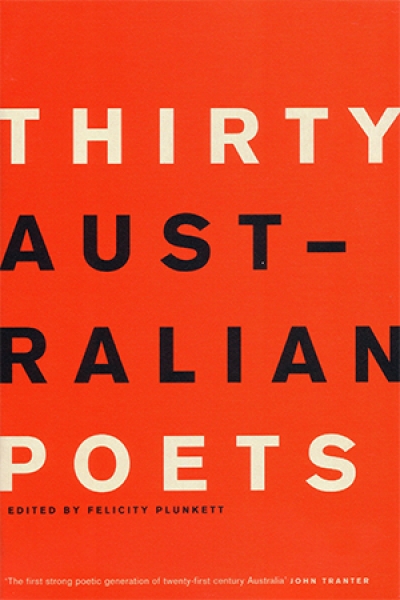Felicity Plunkett
Sign up to Book of the Week and receive a new review to your inbox every Monday. Always free to read.
Recent:
Books of the Year is always one our most popular features. Find out what our 41 contributors liked most this year – and why.
... (read more)In 2004 Carla Reed, a thirty-year-old kindergarten teacher, began to experience a cluster of mysterious symptoms. Bruises appeared and vanished ‘like stigmata’, and a numb headache and sudden exhaustion suggested that something was ‘terribly wrong’. Her pains were ghostly and mobile. When her doctors suggested migraines and prescribed aspirin, she demanded blood tests. She received a call to come back for more tests, and still recalls the urgency in the nurse’s voice. ‘Come now,’ Reed remembers her saying. ‘Come now.’
... (read more)




